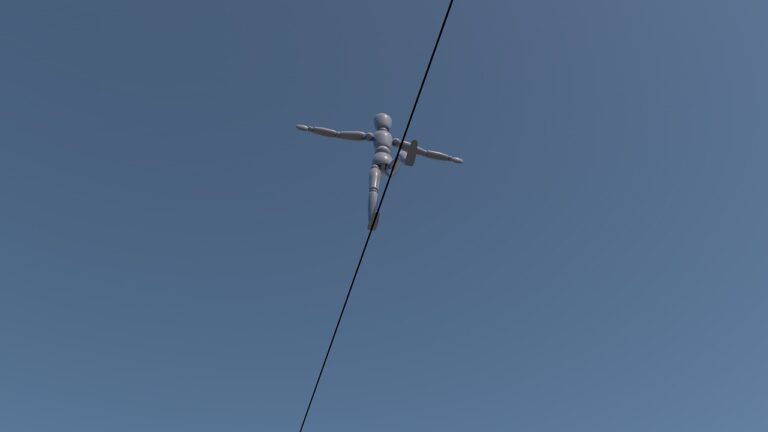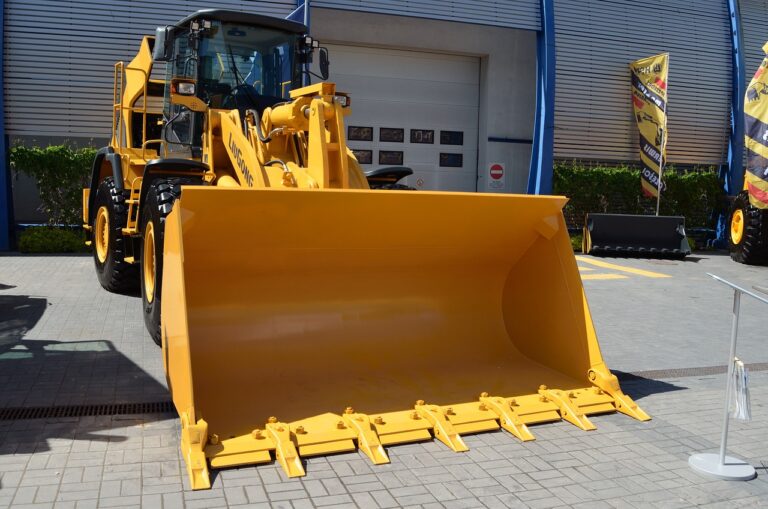Implementing Energy-Efficient HVAC Systems for Facility Comfort: Betbhai99, Radhe exchange download apk, 99 exchange login
betbhai99, radhe exchange download apk, 99 exchange login: Implementing Energy-Efficient HVAC Systems for Facility Comfort
When it comes to maintaining a comfortable environment in your facility, having an efficient HVAC system is key. Not only does it provide a pleasant atmosphere for employees and customers, but it can also help save on energy costs in the long run. In this article, we’ll discuss the importance of implementing energy-efficient HVAC systems and how you can achieve optimal comfort while reducing your carbon footprint.
Why Energy-Efficient HVAC Systems are Important
Energy-efficient HVAC systems are designed to consume less energy while still providing the same level of comfort. By upgrading to an energy-efficient system, you can reduce your energy consumption, lower your utility bills, and reduce greenhouse gas emissions. Additionally, energy-efficient systems are often quieter, more reliable, and require less maintenance, saving you time and money in the long run.
Key Factors for Implementing Energy-Efficient HVAC Systems
1. Proper Sizing: Ensuring that your HVAC system is properly sized for your facility is crucial in maximizing energy efficiency. An oversized unit will short cycle, leading to increased wear and tear on the system and higher energy consumption.
2. Energy-Efficient Equipment: Investing in energy-efficient equipment, such as high-efficiency furnaces and air conditioners, can significantly reduce your energy costs. Look for systems with a high SEER (Seasonal Energy Efficiency Ratio) rating for optimal efficiency.
3. Regular Maintenance: Keeping your HVAC system well-maintained is essential for optimal performance. Regularly changing air filters, cleaning coils, and inspecting ductwork can improve efficiency and extend the lifespan of your system.
4. Programmable Thermostats: Installing programmable thermostats allows you to set specific temperature schedules based on occupancy, reducing energy usage when the facility is not in use.
5. Zoning Systems: Zoning systems divide your facility into separate zones, allowing you to control the temperature in different areas individually. This can help reduce energy consumption by only heating or cooling occupied spaces.
6. Air Sealing and Insulation: Proper insulation and air sealing can prevent air leaks, reducing energy waste and improving comfort levels in your facility.
Frequently Asked Questions
Q: How can I tell if my HVAC system is energy-efficient?
A: Look for ENERGY STAR certified equipment, high SEER ratings, and regular maintenance as indicators of an energy-efficient system.
Q: Will upgrading to an energy-efficient HVAC system save me money?
A: Yes, upgrading to an energy-efficient system can significantly reduce your energy bills over time, making it a cost-effective investment.
Q: How often should I schedule maintenance for my HVAC system?
A: It’s recommended to schedule maintenance at least once a year to ensure optimal performance and efficiency.
In conclusion, implementing energy-efficient HVAC systems in your facility can provide numerous benefits, from reducing energy costs to improving comfort levels for occupants. By considering key factors such as proper sizing, energy-efficient equipment, and regular maintenance, you can create a more sustainable and comfortable environment while saving on energy expenses in the long run.







